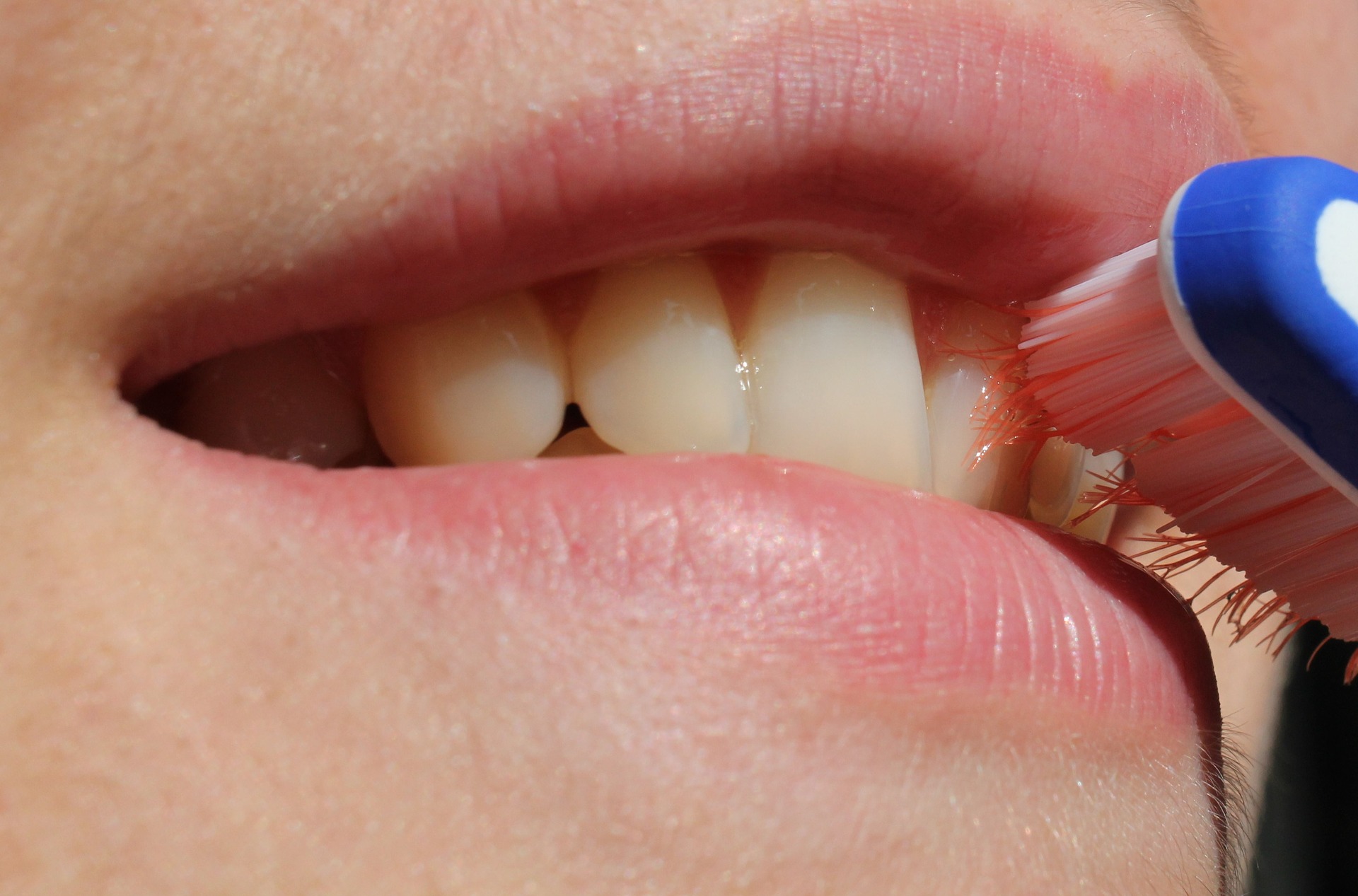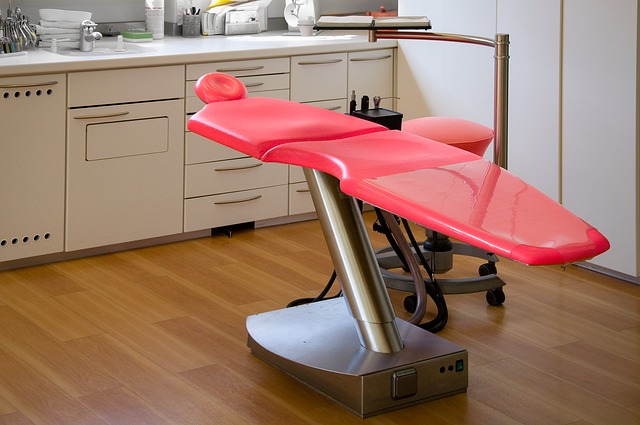
There are a lot of things you can observe standing in a typical fast-food queue.
People tend to shuffle through like some kind of production line. “Next,” calls the crew member taking orders. If you’re lucky you get a greeting and a “What can I get for you?” but quite often you get someone who stands there, just waiting for you to speak up.
“Would you like fries with that?” they ask as you finish your order.
This, folks, is the short-term, low-value transactional approach to customer service and we hate to say it, but this kind of thing is creeping into dentistry as well.
“Would you like a coupon for a cleaning with that?”
The thing with this approach is that it really doesn’t help dental practices to grow productive, long-term relationships with patients, yet these should be your aim if you want to build a sustainable practice.
How should you approach building these healthy patient relationships? Well, it all starts with health…
In my ebook, Dr Fries with That, I talked about “delivering compassionate care in a drive-through world.” The stakes may be higher for a dentist than a fry cook in terms of the outcomes of your service, yet many are resorting to a “fast” mentality within their practice.
“Our profession seems to be flying nervously close to the operations of the burger joint. You know what I’m referring to: soulless thing selling, misleading advertising, namelessly shuffling patients in and out of the procedure room as quickly as possible, and a single-minded focus upon the production side of dental care.” – Dr Fries with That
A coupon for a free or cheap cleaning might seem like a great idea to get patients in the door, but the reality is that this is further playing into that production-focus. From the patient’s perspective, they’re just looking for some cheap dental work and become annoyed to find that there are extra costs for things like x-rays.
From the perspective of the practice, are those coupons going to bring in long-term patients? Probably not. It’s soulless “thing selling” again, making you the Walmart of dental practices. You patient will probably go to Target if they can get that thing cheaper or with better service.
Healthy relationships with dental patients begin with a mutual goal toward achieving good health, whatever that may involve. Sure, patients will always be concerned with cost, but we all know that treatment gets exponentially more expensive the longer dental treatment is postponed. Finding a way to work with patients is a great first step.
Healthy patient relationships are based on the mutual desire of good health. Click To Tweet
As dentists, we might get frustrated with how patients are often focused on cost, but we need to acknowledge that is a genuine and very valid fear. We know they can’t coupon their way through major dental work across multiple practices, but they’re not trying to do this out of disdain for the profession – they’re doing it because they know they need treatment but they don’t see a way to afford it.
This is where it’s important to find more ways to work with patients. When we created Health Assurance Plan, admittedly we were at a low ebb, having lost one-third of our revenue in a very short amount of time. Our aim was to do something different – to meet patients where they needed us and find new ways to work with them.
A subscription plan allowed our practice to reach underserved patients – those who were uninsured or who had a difficult time getting insurance. It provides them with options to achieve a state of good health affordably.
Couponing may get patients in the door short-term, but a subscription plan shows them an actual path to health rather than riding on the false-hope that a quick cleaning will take care of their problems. Remember, a quick sale isn’t care, what you’re doing is conditioning patients to treat your practice like another Amazon – “can I get that delivered to my door within two days with free shipping?”
Your patients interact with a number of people in your practice and any number of those interactions quite possibly happen before they’ve ever met you. This means that, even if you have good options to bring patients to health, your efforts could be ruined by the actions (or inactions) of any of your team members. Hiring the right customer-centric team is a must.
The word “next” should never be bellowed across your reception area – no patient should ever be made to feel like another number in a long, shuffling queue. It’s really a Customer Service 101 requirement – your team should be part of brightening someone’s day rather than making them feel like an annoying interruption.
Train your team to answer any questions the patient might have, even if it’s to say, “I’ll ask the doctor for you.” If staff are helpful and confident, this helps to quell patient fears and make them feel that they’re in trustworthy hands.
This is another basic, but it’s surprising the number of practices out there that use shady means (small print on coupons, for example) to try to bring in more revenue or get the patient to agree to something.
In some cases, things happen that really aren’t the fault of the practice. For example, we know that pricing is important to the patient, yet their insurance makes it difficult to give an accurate quote for work. Many-a-practice has been in the position of facing a patient who is upset that their final bill was more than expected. Often it doesn’t matter how you explain, or how contrite you are, the relationship is damaged.
That perceived lack of transparency is a pet peeve for many patients. Be transparent when you’re dealing with insurance. For example, say you’re unsure of the insurance contribution and that the bill could be anything up to $X.
The good news with subscription dentistry is that absolute transparency is a feature. You can tell a patient exactly what they can expect to pay well before a procedure is done and there will be no surprises later.
Do what you say and say what you mean is a basic tenet of building trust…

How many of your patients currently have uncompleted treatment plans? Following up is a key part of building those relationships and ensuring you keep the patient for the long term. Honestly, they may have simply gotten busy and forgotten to schedule in time, but if I didn’t have someone follow me up, I’d be inclined to think they didn’t really care whether I came in or not.
Believe it or not, simply following up can make you stand out from other practices – it’s surprising how many don’t do this basic act. We recommend using a system which automatically schedules tasks like follow-up for each patient.
The short-term, transactional approach to running a dental practice is, frankly, unsustainable for most practices. They find themselves shuffling patients in and out like a fast-food joint or a discount warehouse, with little in the way of long-term prospects.
Building healthy, long-lasting patient relationships should be a goal of every practice. It’s more effective to come from a mutual desire to reach good health rather than a base of couponing and offering discounts just to get people in the door.
Find ways to work with the needs of your patients that offer options and transparency. Most importantly, be an advocate for them on their journey to health.